The American Academy of Pediatrics (AAP) has issued a new policy, Preventing childhood toxic stress: Partnering with families and communities to promote relational health.
We applaud this bold recognition of the value of nurturing parenting, given AAP’s influence on its global network of pediatricians:
Source: AAP
Safe, stable, and nurturing relationships can act as a powerful, protective buffer against the biological harms of toxic stress on children. These relationships are also key to building resilience—being able to bounce back from adverse childhood experiences.
When children feel connected and supported in the early years, according to the newly updated AAP report, they are more likely to become healthy, competent and educated citizens later in life.
The policy statement, “Preventing Childhood Toxic Stress: Partnering With Families and Communities to Promote Relational Health,” was published in the August 2021 issue of the journal, Pediatrics. The statement focuses on just how important relationships and positive childhood experiences are in preventing and healing toxic stress.
This policy moves away from a problem-based model that focuses on a child’s past adverse experiences and instead presents a positive, strengths-based approach that fosters solutions at the family, community and societal levels.
Related: Youth empowerment as peace education
A Slow-Moving Public Health Crisis
The AAP calls for pediatricians, parents, and policymakers to recognize toxic stress as a slow-moving public health threat that can be tempered by a preventive approach aimed at developing and strengthening healthy relationships.
“The concept of drawing on positive relationships as a shield against the toxic stress caused by adverse experiences has never been more relevant,” said Andrew Garner, MD, PhD, FAAP, a co-author of the policy statement generated by the Committee on Psychosocial Aspects of Child and Family Health, the Section on Developmental and Behavioral Pediatrics, and the Council on Early Childhood.
Related: ACEs too high with Jane Stevens
Forming Close, Healthy, and Nurturing Bonds
“Over the past few years, we’ve experienced a socially-isolating pandemic and reckoned with centuries of structural racism,” Dr. Garner said. “We must take steps to help kids form close, healthy and nurturing bonds, whether it is within the family, schools or community.”
The AAP recommends that pediatricians prioritize the trusted, respectful relationships that they share with patients and their families. They may refer families with strained relationships to evidence-based therapies, or work within their communities to make those therapies available if they are not offered.
New research also reveals that changes in the brains of parents who experienced trauma in their own childhoods may make it difficult for them to bond and nurture their children. These families can benefit from help from the community and others, especially after the pandemic.
Related: For better or worse, parenting changes your child’s DNA
“Families can help children adapt to harmful experiences and adversity by modeling their own skills at resilience,” said Michael Yogman, MD, FAAP, a co-author of the policy statement.
“This may mean demonstrating how to ask for help from family, friends, neighbors or others or demonstrating how to handle their own strong emotions,” he added. “Caregivers do not need to be perfect to help children feel safe, connected and supported.”
The AAP recommends that pediatricians watch for, screen, and address potential barriers to safe, stable, and nurturing relationships. Barriers include social determinants of health, such as inadequate housing, education inequities and food insecurity; the parents’ own adverse childhood experiences; intimate partner or neighborhood violence; parental depression; and/or substance use.
The pediatrician cannot do this work alone, however. The AAP calls for policy makers and community leaders to learn how relational health is influenced at all levels and support programs and funding that strengthen families.
This may include expanding family medical leave opportunities, increasing child tax credits, securing safe and affordable housing, supporting employment assistance and job training, promoting universal access to high-quality child care centers and schools, advancing preventive early childhood mental health services, promoting social emotional learning in schools, and expanding opportunities for playful learning in safe neighborhoods.
Related: A need for paid parental leave
The AAP also offers recommendations for families, caregivers, teachers, coaches, and others:
- Learn about positive parenting techniques and developmentally appropriate forms of play, such as shared reading, as these foster the warm relationships that enhance literacy, executive function, and other core 21st-century life skills.
- Learn how to handle their own strong emotions, so they can model this skill and be emotionally available when their children are distressed (“put your own oxygen mask on before helping others”).
- Consider therapy to address unresolved trauma in the caregivers’ own history. Children are watching as caregivers strive to become slightly better versions of themselves each day, and the development of a “growth mindset” is a powerful predictor of future success.
- Help children understand that there is nothing wrong with having strong emotions: the challenge is helping them to channel that energy into a constructive outlet like a passion, hobby, or activity that brings them joy while at the same time building generalizable skills.
Related: Manage your emotions: How to cool down before you blow up
Policymakers are encouraged to consider how adverse childhood experiences and toxic stress lead to long-term health problems from depression to diabetes and heart disease that are bankrupting the healthcare system.
“Our nation’s children are suffering both a mental health crisis and an educational challenge amid the pandemic,” Dr. Yogman said. “We must seize this opportunity and make sure that all children have someone they can turn to, that they can trust within a consistent, positive and nurturing relationship. This benefits our children, our society and our future.”

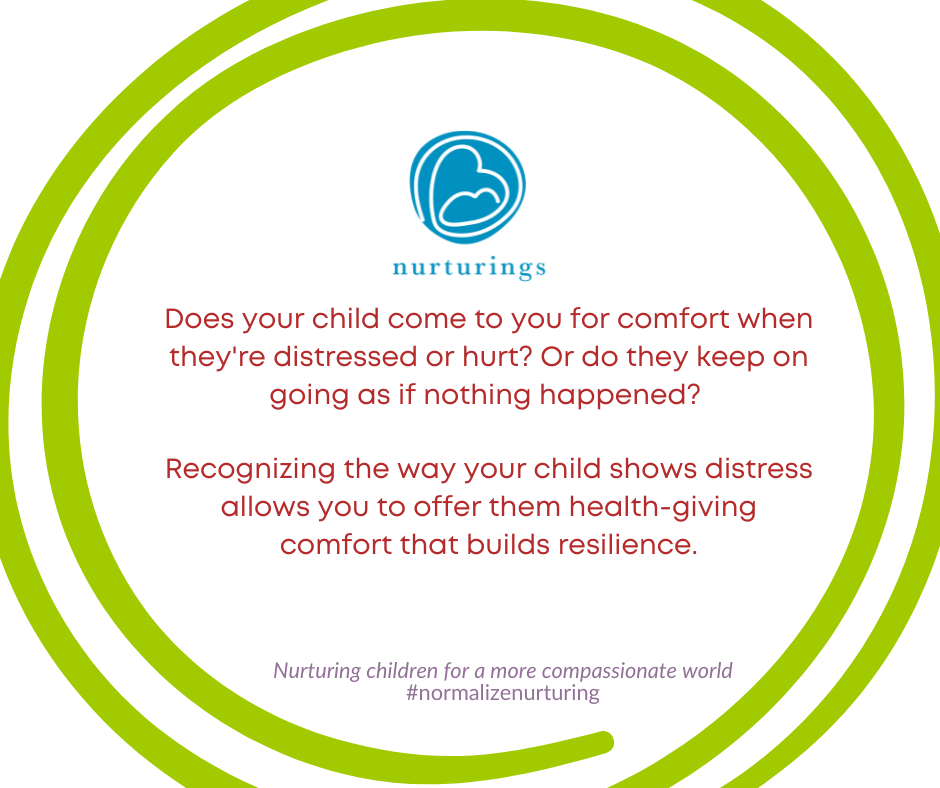
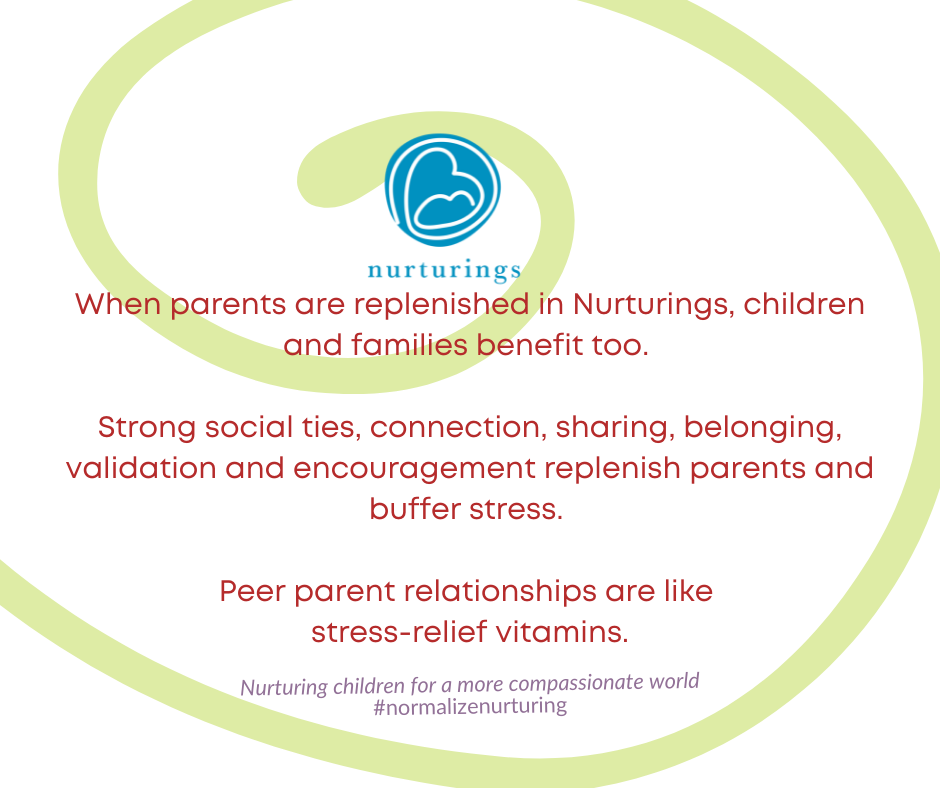
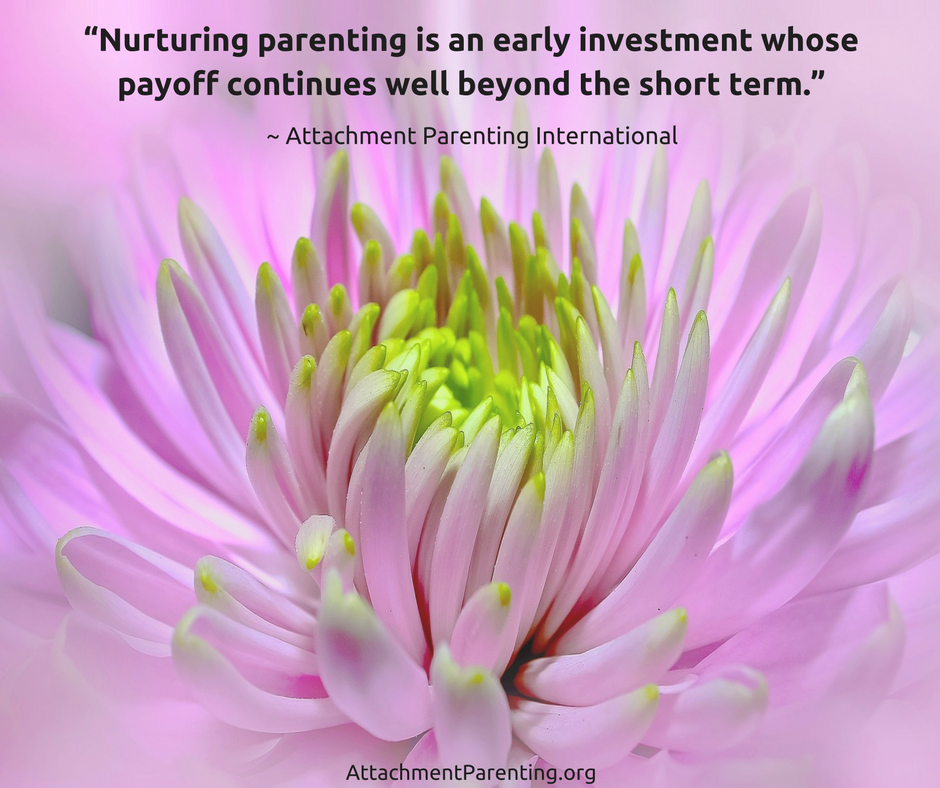

 That “dream product” this renowned child nutrition expert was referring to before his 1996 death from prostate cancer already exists—in breastmilk.
That “dream product” this renowned child nutrition expert was referring to before his 1996 death from prostate cancer already exists—in breastmilk.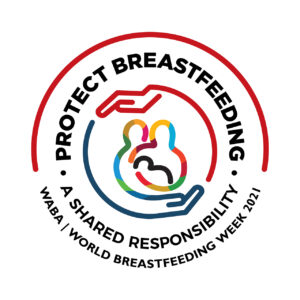 This month, the United Kingdom-based infant formula company Bobbie debuted a national U.S. marketing campaign on the first day of
This month, the United Kingdom-based infant formula company Bobbie debuted a national U.S. marketing campaign on the first day of  Regardless, the article points to a problem of the pandemic – parents spending more time within physical (and emotional) proximity of their kids, without fully understanding their children’s developmentally appropriate needs for emotional care especially during stressful times, and without an established framework to ensure their own personal balance.
Regardless, the article points to a problem of the pandemic – parents spending more time within physical (and emotional) proximity of their kids, without fully understanding their children’s developmentally appropriate needs for emotional care especially during stressful times, and without an established framework to ensure their own personal balance.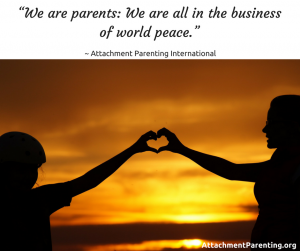 When last in rule, the Taliban was extremely hostile to anyone with views outside of their narrow law and especially oppressive toward women and children.
When last in rule, the Taliban was extremely hostile to anyone with views outside of their narrow law and especially oppressive toward women and children.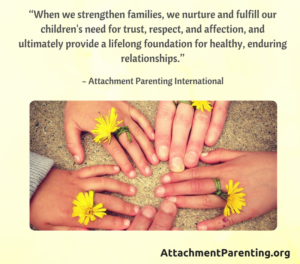 Prior research shows that teens who have more secure family relationships report higher levels of empathy for others, but little research examines whether teens with more secure family relationships actually show greater empathy when observed in real-life interactions with peers, or whether their empathic capacities show different patterns of growth over time.
Prior research shows that teens who have more secure family relationships report higher levels of empathy for others, but little research examines whether teens with more secure family relationships actually show greater empathy when observed in real-life interactions with peers, or whether their empathic capacities show different patterns of growth over time.